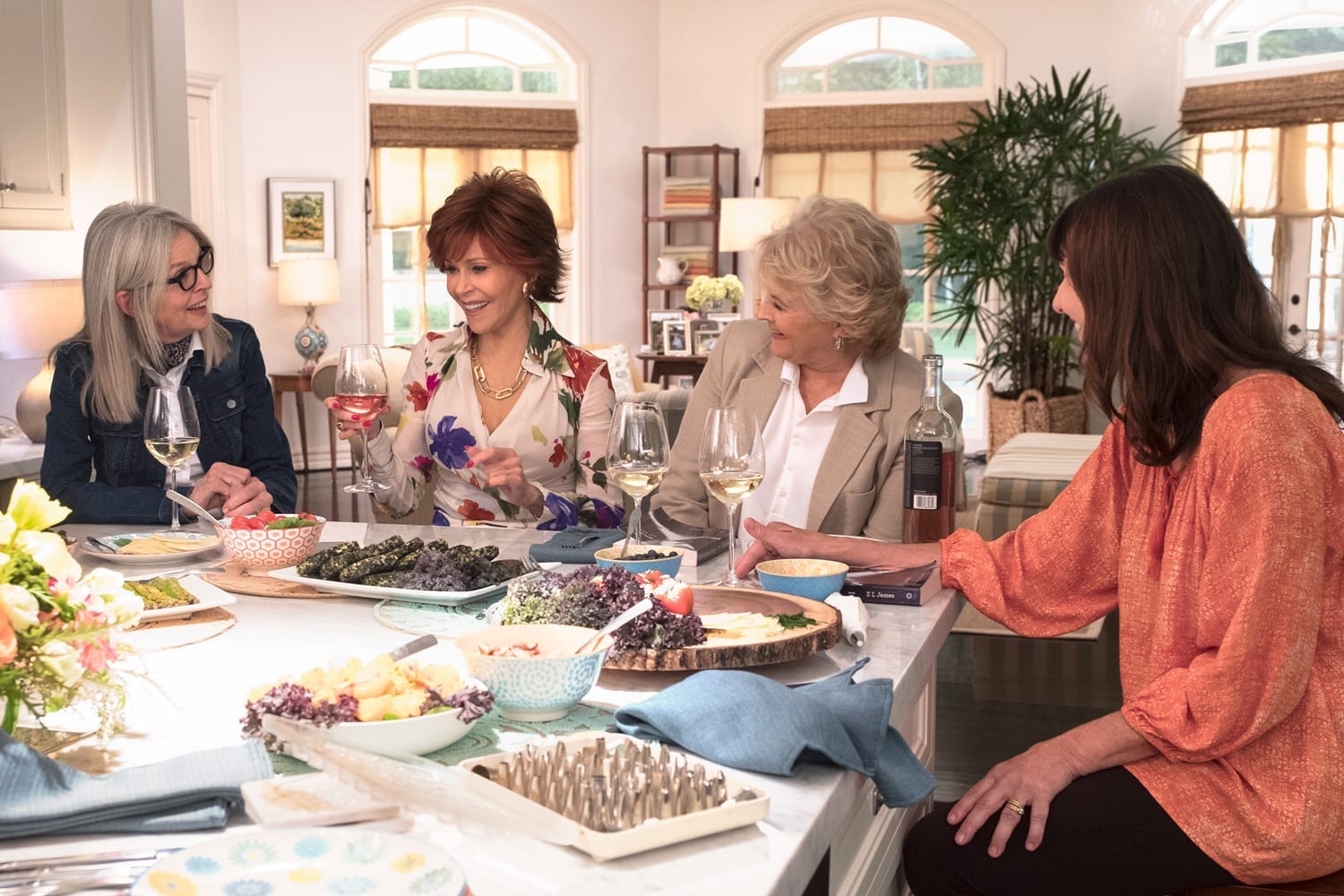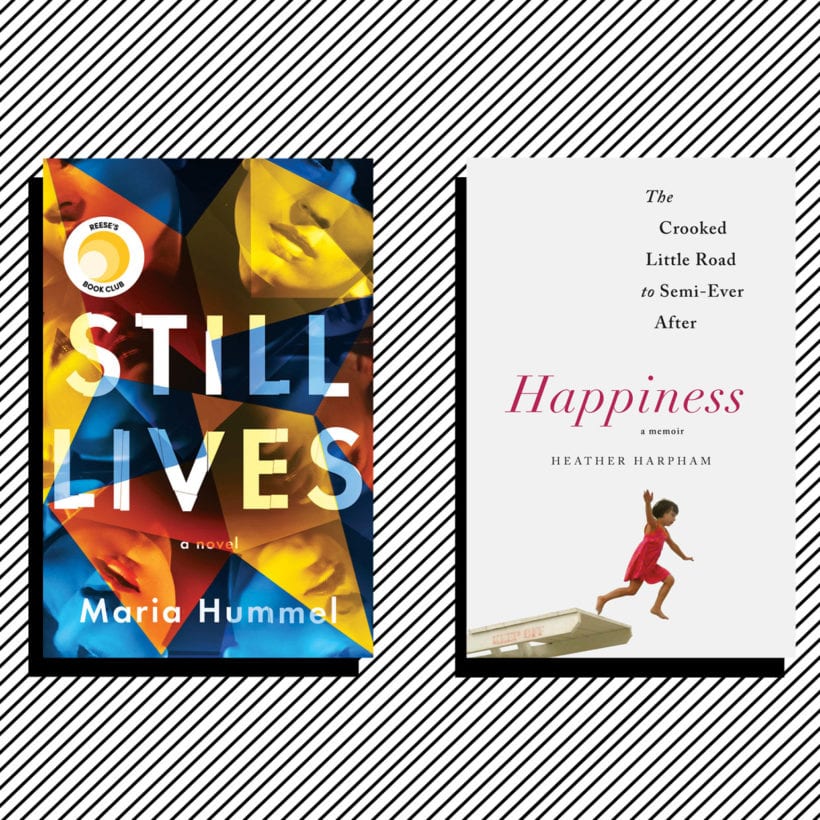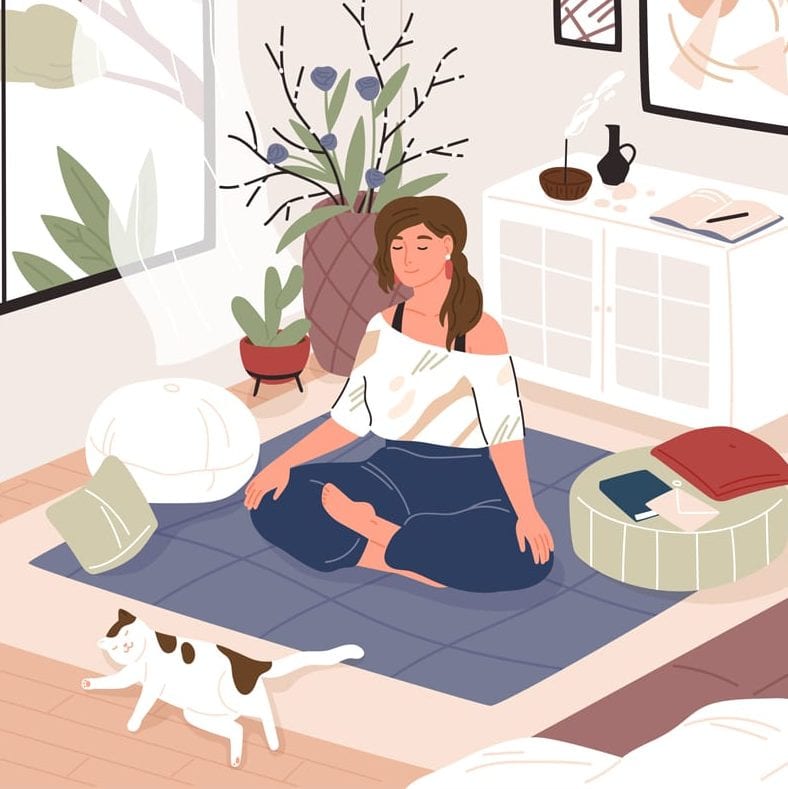I have been part of a book club for nearly three years, meeting with a group of women every month at houses across my city to drink wine and eat food while discussing a book and often much more. It is a date in the diary I always look forward to and I couldn’t recommend it enough — I have met people I wouldn’t normally cross paths with and read books I wouldn’t normally open.
While the concept of a book club is nothing new — Benjamin Franklin’s prominent Philadelphia literary society Junto was founded in 1727 — it is estimated today that there are more than five million book club members in the U.S.
And despite social media being lambasted for destroying our attention span, book communities are thriving online with over 32 million posts on Instagram tagged with the hashtag #bookstagram. Book clubs have A-list approval, too. Oprah may have founded her TV book club back in 1996, but thanks to the rise of social media, a number of high-profile celebrities have followed suit and started digital book clubs. There is Reese Witherspoon’s Hello Sunshine, a celebration of female storytelling, Emma Watson’s Our Shared Shelf, an intersectional feminist take and Florence Welch’s Between Two Books, an edit of books chosen by the Florence and the Machine singer and her friends. Entertainment Weekly just called Jenna Bush Hager the new book club queen, thanks to her club, Read With Jenna. Similarly, Mindy Kaling, Sarah Jessica Parker and Jennifer Garner all use their social media channels to share books in a more informal manner and prompt discussion amongst their community.
https://www.instagram.com/p/ByLL5zyD3-X/
But celebrities aside, the benefit is real: It encourages reading. Whether it is monthly, every six weeks or bi-monthly, joining a book club incentives you to finish books within a time frame. Considering the life-enhancing benefits of reading (according to Quick Reads, adults who read for 30 minutes a week reported feeling 20 percent more satisfied with their lives), this can only be a good thing.
Ella Berthoud, a bibliotherapist and author of “The Art of Mindful Reading,” has made a career out of prescribing fiction to cure life’s ailments. Meeting with clients in person or via Skype, she chats with them about their reading habits and current life situations and recommends a list of appropriate book choices.
“The act of reading has been shown to slow your heart rate. Tests demonstrate it to be as calming as meditation with reading fiction for six minutes a day as powerful as meditating for one hour,” she says.
People often speak about the notion of losing yourself in a book and this rings true here. Berthoud emphasizes that the escapism you experience when reading is very good for the soul, especially if you are navigating a stressful period. “Reading takes you to different places away from anxieties you might be feeling. Going off into another world is a good form of stress relief,” she says. And it makes you feel less alone by dint of seeing your life through another lens. “Whether it’s bereavement, a relationship breakup or having a baby, the joy of reading a novel is seeing yourself and your experience reflected in another way,” Berthoud adds.
https://www.instagram.com/p/BxU6pTDAJWp/
And while reading can be classed as an antisocial activity, book clubs make a solitary task a social one. Results published in the British Medical Journal found that people who maintain regular social connections after retirement (much like a book club gives you) live happier and healthier lives.
“Meeting to discuss books can be really illuminating,” Berthoud says. “If you don’t initially love a book, after discussing it with others you can end up enjoying it more … you realize there’s more to it than meets the eye. You regularly pick up themes you hadn’t noticed or things you hadn’t appreciated.”
A conversation about a book provides a springboard for other discussions, too. “A brilliant novel will cover wide-reaching themes such as love, abandonment, guilt and family,” she says. “The book provides a moment to air worries or concerns in your own lives and talk about topics you might not always feel comfortable raising.” Chances are, you will make discoveries about your fellow book club members as well as about the new book you just read.
How to start a book club
Some things to consider …
How will you meet?
Decide whether your book club will be offline or online.
Where will you meet?
If it is offline, think about whether you will meet at someone’s house, a cafe or library. If it is online, think about what platforms you will use to communicate. Either way, know that you can also invite the author to join your meetings.
How often will you read a book?
Most book clubs meet monthly or bi-monthly. Think about how often realistically you will meet and agree on a first date.
Who chooses the book?
Create a process for choosing books. You can rotate who nominates a book, create a voting system based on nominated books, read books from a certain list (e.g. a book prize or library scheme suggestion) or follow on with a larger book community (like the aforementioned celebrity book clubs). It might be helpful to set a criterion for the books you choose based on length, price or availability.
What will the structure be?
Some book clubs are more structured than others. Think about whether yours will follow set questions or be a more informal discussion. If it will be based around questions, choose who will supply these each time.
We only recommend products we have independently researched, tested, and loved. If you purchase a product found through our links, Sunday Edit may earn an affiliate commission.







